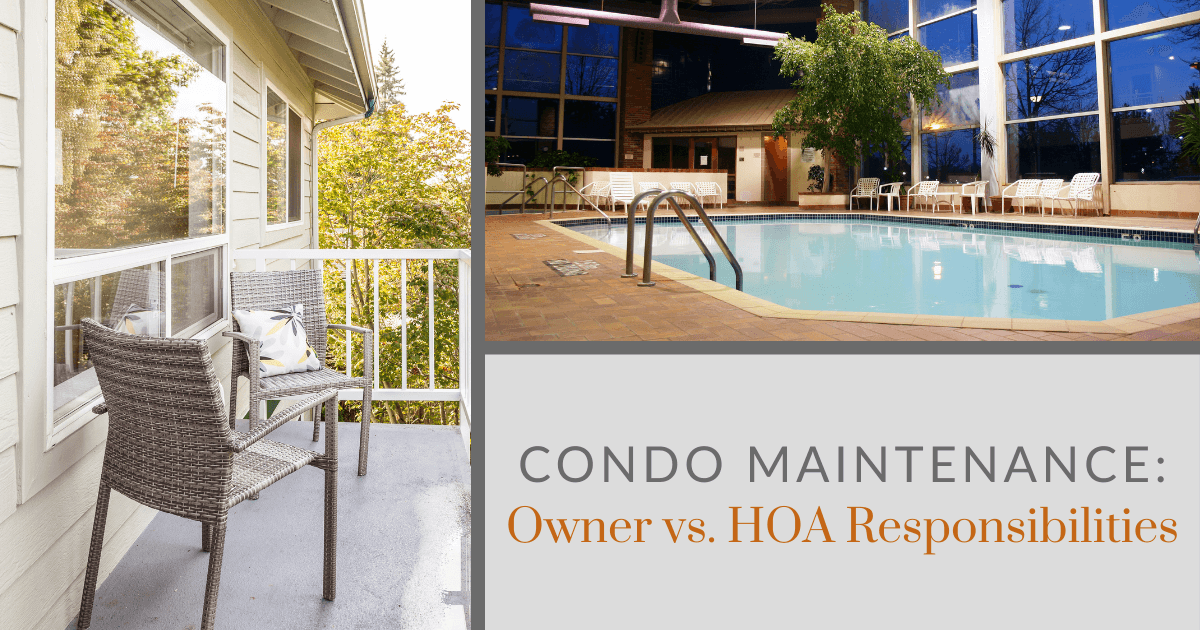The Duty of an HOA in Establishing and Enforcing Area Guidelines for Citizens
The duty of a Homeowners Organization (HOA) in applying and developing neighborhood guidelines is fundamental to maintaining a natural and organized residential environment. By creating clear regulations that govern elements such as residential property maintenance and neighborhood conduct, the HOA not only establishes requirements for locals but additionally cultivates a sense of belonging and accountability.
Recognizing House Owners Associations
Homeowners associations (HOAs) act as regulating bodies for residential areas, playing a crucial duty in maintaining property worths and promoting a feeling of neighborhood. Generally created by designers, HOAs are composed of house owners within a designated location who choose a board to supervise the organization's activities. The key functions of an HOA consist of imposing area guidelines, taking care of typical locations, and organizing area events.
HOAs run under a collection of regulating records, including commitments, conditions, and limitations (CC&R s), which detail the civil liberties and obligations of house owners. These regulations aim to make sure that homes are kept to a certain standard, consequently shielding the visual appeal and general worth of the area. In addition, HOAs frequently gather fees from home owners to money maintenance, landscaping, and other social work.
The presence of an HOA can substantially affect the living experience within a neighborhood (hoa condo). While some homeowners value the organized setting and facilities supplied, others might discover specific guidelines limiting. Stabilizing the rate of interests of all home owners is essential for an HOA to function effectively, guaranteeing that it serves its intended purpose of enhancing community living while respecting specific home owner civil liberties
Creating Neighborhood Guidelines

To start, an HOA needs to perform studies or convene that allow residents to voice their ideas and worries. This participatory process promotes a sense of ownership and enhances compliance. Next, the HOA board must analyze the feedback to recognize usual motifs and top priorities that call for official addition in the guidelines.
It is also important to ensure that the guidelines are clear, succinct, and conveniently comprehended. Uncertainties can result in misunderstandings and conflicts, undermining the purpose of the standards. The guidelines should be thorough, covering different aspects of area living, including residential or commercial property upkeep, noise degrees, and use of common locations.
Enforcement of Guidelines
Reliable enforcement of neighborhood rules is critical for preserving order and ensuring that all citizens abide by the developed standards. An HOA needs to implement an organized method to apply these policies, which frequently entails a combination of tracking, interaction, and charges for non-compliance.
First, normal evaluations and area patrols can help determine offenses, guaranteeing that regulations are regularly used throughout the neighborhood. This aggressive monitoring enables the HOA to attend to issues before they intensify, cultivating a sense of responsibility amongst residents.
Second, clear interaction is essential. Locals must be educated of the rules and the procedures for reporting infractions. An open line of interaction urges residents to voice problems and look for clarification on guidelines, which can improve conformity.

Lastly, when violations take place, the HOA needs to impose consequences as laid out in the regulating files. By effectively applying policies, an HOA can cultivate a harmonious living setting that reflects the cumulative worths of its locals.
Advantages of HOA Laws
Numerous advantages occur from the implementation of HOA guidelines, which serve to boost the high quality of life within a community. One key advantage is the upkeep of residential property values. By applying standards for visual appeals and maintenance, HOAs guarantee that homes and usual areas continue to be attractive, cultivating a desirable living setting that can lead to boosted residential or commercial property worths in time.
In addition, HOA regulations this advertise uniformity and uniformity within the neighborhood. This comprehensibility in design and upkeep aids to produce a feeling of belonging amongst locals, adding to community pride and a favorable environment. Developed guidelines help with dispute resolution amongst next-door neighbors by providing clear expectations and procedures for actions, therefore minimizing conflicts.
One more substantial advantage is the stipulation of common amenities and services. Numerous HOAs manage neighborhood facilities such as parks, clubhouses, and pools, which improve leisure chances for citizens. These features not only enhance the high quality of life however likewise motivate social interaction.
Ultimately, the regulations set forth by an HOA cultivate an efficient, unified neighborhood, making sure that citizens take pleasure in a high requirement of living while promoting a visit this site right here supportive environment for all homeowners.
Usual Obstacles Encountered by HOAs
In the middle of the benefits that homeowners organizations (HOAs) can give, they likewise experience a variety of challenges that can prevent their efficiency. One significant concern is the absence of resident engagement. Many home owners may not take part in conferences or neighborhood activities, bring about a detach between the HOA board and homeowners. This disengagement can lead to misunderstandings concerning community standards and a lack of assistance for enforcement initiatives.
Disputes can occur when citizens really feel that enforcement is irregular or biased, potentially leading to disputes within the neighborhood. In addition, HOAs often face monetary restrictions, which can restrict their capacity to keep usual areas or fund community projects.
Furthermore, browsing legal intricacies can be intimidating for HOAs. Developing and transforming demographics neighborhood needs call for HOAs to adapt their standards, typically meeting resistance from enduring residents that are accustomed to traditional standards.
Verdict

By developing clear regulations that regulate facets such as residential or commercial property maintenance and area conduct, the HOA not only sets criteria for citizens yet also promotes a feeling of belonging and check here accountability.Homeowners associations (HOAs) offer as controling bodies for residential communities, playing a crucial role in preserving residential property worths and fostering a sense of neighborhood. Lots of home owners might not get involved in meetings or community activities, leading to a disconnect between the HOA board and locals. Advancing and transforming demographics area needs call for HOAs to adjust their standards, often meeting resistance from long-standing residents who are accustomed to traditional standards. Via the growth of clear laws and regular enforcement, HOAs advertise building upkeep, area satisfaction, and depend on among locals.